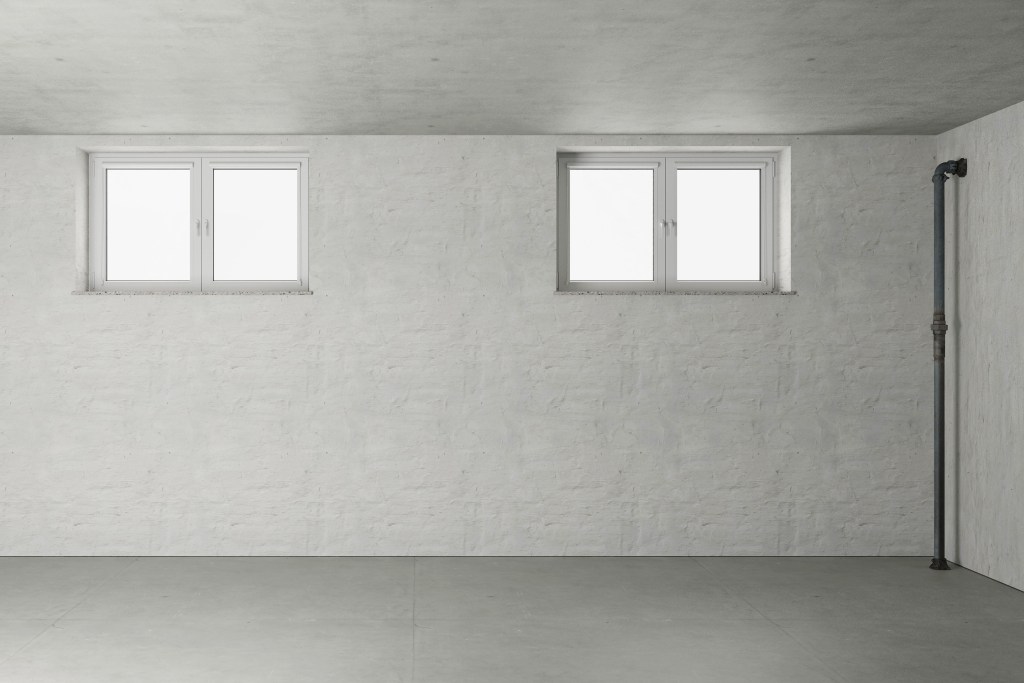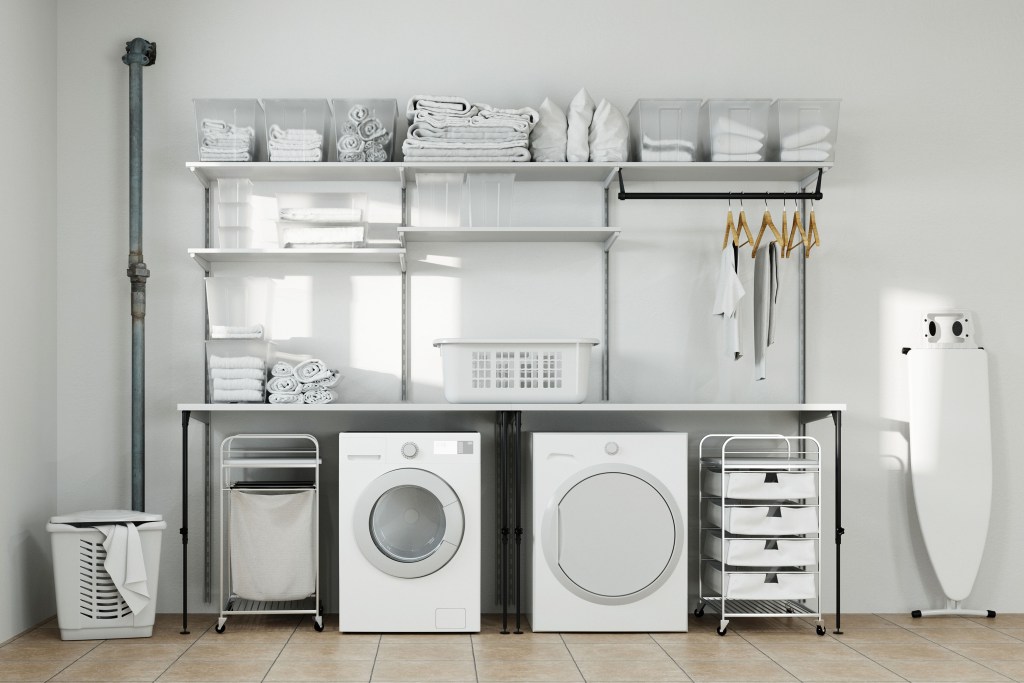
Your basement is an important space in your home. Not only does it house a lot of the equipment needed to run your home's HVAC, electricity, and plumbing, but it's also prime real estate for extra living space. If you're thinking about remodeling this home space, or if you just want to make sure all that costly machinery is protected, a functioning floor drain is crucial. We'll walk you through why the basement floor drain is so important and how to keep it clean.

What is the drain in the basement floor called?
That big drain in your basement is called a "foundation drain." It's installed at the lowest point in your basement, and it's essential for preventing floods and water damage. Water in the home is destructive, so this drain is an important piece of your house's plumbing system. It saves you from water damage by catching runoff and condensation from surrounding appliances, and it saves the day when the worst happens: Water floods your basement.

Should there be water in a basement floor drain?
If you've taken a peek inside that drain, you probably saw standing water. You may think this is alarming since it gives the appearance that the drain is backed up. However, you can rest easy. There's supposed to be a small amount of water sitting in floor drains. They're designed that way to prevent sewer gasses or even pests from creeping up through the pipes.
If you notice more than 2 to 3 inches of water below the drain, though, it may be evidence of a clog. If this is the case, you'll probably start seeing puddles of water collecting around the basement where it hasn't before. You may also smell some foul sewer gasses floating around the basement.

How to clean a basement floor drain
If your drain appears or smells like it's clogged, it's time for a good cleaning. Backups usually happen when debris gets carried down the drain with the water that's flowing into it. The best way to clean a clogged drain is to flush it out. Here's how to do it!
Step 1: After gathering your supplies, take off the floor drain cover using a screwdriver or a prybar.
Step 2: Put on rubber gloves and manually remove any large pieces of debris that you can see in the drain. Discard the debris in a trash bin so that it doesn't get pulled back down into the drain.
Step 3: Carefully and slowly pour a pot of boiling water down the drain, and let it sit for about 15 minutes. This will loosen up any stuck-on debris in the drain and flush it out of the piping.
Step 4: Start sprinkling some of the baking soda into the drain, but don't use all of it. Use a toothbrush to coat it all over the sides of the drain.
Step 5: Pour some vinegar into the drain, and let it sit for about 15 minutes. The combination of vinegar and baking soda will help kill stinky bacteria and neutralize odors.
Step 6: Flush the baking soda and vinegar down the drain with more boiling water.
Step 7: Repeat the whole process a few times until you don't see any debris in the drain and no smells are lingering.

Can you put bleach in basement floor drain?
No, you should not put bleach or any other chemicals in a basement floor drain unless it is specifically recommended by a plumber or a professional for a specific reason. Basement floor drains are typically connected to the sewer system, septic tank, or other wastewater disposal systems, and introducing chemicals like bleach can have negative consequences.
Bleach is a strong chemical that can be harmful to the environment and can damage pipes and plumbing systems. If you have a clog or odor issue with your basement floor drain, it's best to contact a professional plumber to assess the situation and provide the appropriate solution. Using bleach or other chemicals without proper knowledge and guidance can lead to more significant problems or safety hazards.
Cleaning your basement's foundation drain every few months is a great practice with unmatched rewards. With your floor drain clear of clogs and free of odors, your basement will be safer from the damage that minor flooding can cause. It will also smell better and be more livable if you have a frequently used remodeled basement area.



